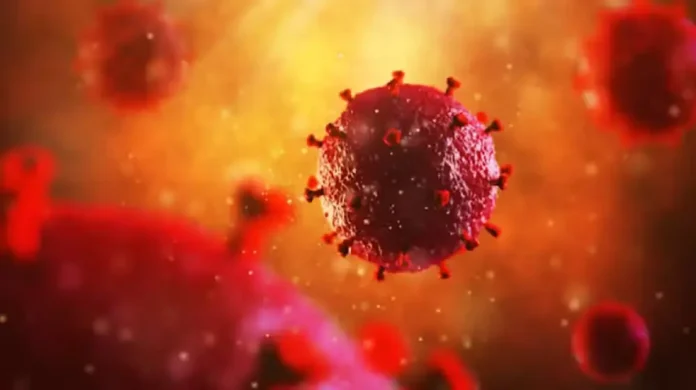The health officials revealed on Thursday, during the annual conference on AIDS and sexually transmitted diseases, that the country has deported around 100 expatriates having HIV, as a result of an epidemiological investigation. Minister of Health Dr. Ahmad Al Awadhi represented by Ministry Undersecretary Dr. Abdulrahman Al Mutairi declared Kuwait’s leadership in the fight against AIDS. The 90-90-90 UNAIDS targets have been successfully achieved by identifying 90% of people living with HIV, making them aware of their status, and giving treatment to 90% of those who know their status.
Dr. Al Awadhi stated that the next target to achieve is 95 95 95 by 2025 in accordance with the National AIDS Strategy 2023-2027. Plans are underway to improve the quality of life for persons living with AIDS by expanding access to voluntary testing and counseling services and introducing newer medications such as long-acting injections.
The Ministry of Health has launched its third clinic at the Ahmadi Health District, complementing the ongoing services rendered in the Public Health Department and the Infectious Diseases Hospital facilities. These clinics give confidential testing and counseling and issued more than 2,000 certificates confirming HIV-negative status in 2023.
Indeed, public health measures in Kuwait go further than treatment or prevention. Director of Public Health Dr. Fahd Al Ghamlas stated that HIV-positive residents are deported as part of measures to ensure safety in the community. Kuwait is known to have investigated a total of 165 and more than a hundred cases among expatriates across internal cases. All of this was done following all of the necessary procedures. It has also made its national AIDS report to the World Health Organization for 2023.
Also Read: Free Insulin Registration started for Children in Punjab
However, while Kuwait is advancing in the aspects of AIDS prevention and treatment, officials at a recent conference stressed the need to dispel stigma and misconception relating to AIDS and sexually transmitted diseases (STDs). Dr. Al Awadhi put it, this is not a health challenge; it is also a humanitarian and moral responsibility, urging families, schools, and social institutions to hold an active voice in campaigns on awareness.
The conference included new sessions on diagnostic tools, perhaps antiviral therapies, and global prevention strategies. Workshops held by educators and religious leaders are aimed at creating a culture among youth about prevention. The Head of the Organizing Committee, Dr. Osama Al Baqsami, said, “It is a collective society effort and not medical solutions” in reference to the fight against AIDS and STDs.”
